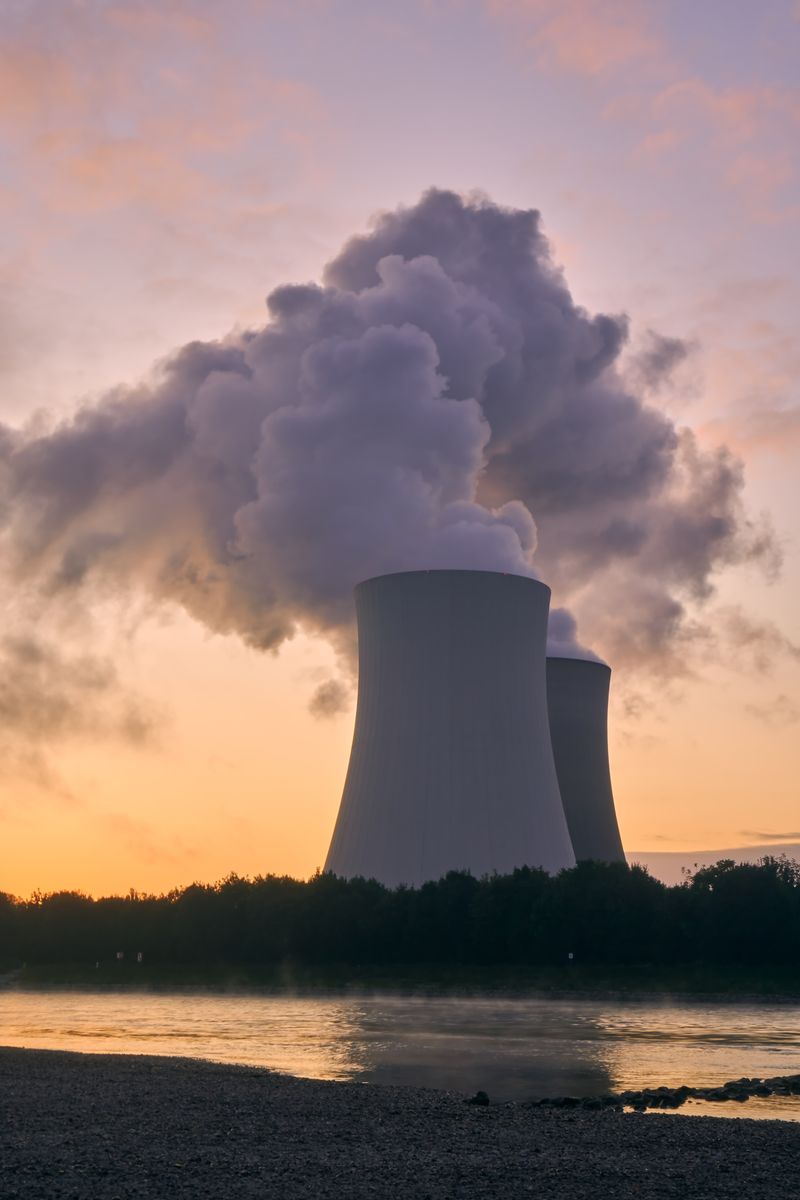Spain’s Uncertain Political Future after Election Deadlock
Introduction
Spain recently held elections, and the results have led to a political deadlock, signaling an uncertain future for the country. The lack of a clear majority in parliament has raised concerns about the ability to form a stable government and make significant policy decisions. This article analyzes the implications of this deadlock, explores potential scenarios, and provides commentary on the current state of Spanish politics.
The Election Results
The recent elections in Spain saw various parties gaining seats in parliament, but none managed to secure a majority. The Spanish Socialist Workers’ Party (PSOE) led by Prime Minister Pedro Sánchez emerged as the largest party with the most seats, but fell short of an outright majority. The right-wing People’s Party (PP) saw a significant increase in its seats, while the far-right Vox party also gained more influence. The fragmented nature of the results reflects the divided political landscape in Spain.
Implications and Challenges
The political deadlock poses several challenges for Spain. First, it raises questions about the stability of the government. With no clear majority, forming a coalition government will be a daunting task. Negotiations between parties with varying ideologies can be lengthy and complex, potentially leading to uncertainty and gridlock in decision-making processes. This situation has the potential to hinder economic growth, policy reforms, and effective governance.
Scenarios
There are several possible scenarios that could unfold in the coming weeks. One possibility is a minority government led by the PSOE, which would require them to seek support from other parties on a case-by-case basis. However, this approach may prove challenging in terms of passing key legislation and maintaining stability. Another scenario involves a coalition government between the PSOE and smaller left-wing parties, such as Unidas Podemos. While this coalition would likely have more support in parliament, ideological differences within the left-wing bloc could still present obstacles to effective governance.
Editorial: The Need for Political Cooperation
The current political deadlock in Spain underscores the need for political cooperation and compromise. In a time of increasing polarization, both on the left and the right, it is crucial for parties to prioritize the well-being of the country over their own agendas. It is essential that politicians engage in meaningful dialogue and find common ground to address the challenges facing Spain, including economic issues, social inequality, and regional tensions.
Advice for Political Leaders
To navigate this uncertain political landscape, Spain’s political leaders must show leadership and willingness to work together. It is crucial to put aside personal differences and focus on finding common solutions. Dialogue, negotiation, and consensus-building should be the guiding principles for politicians during this challenging time. In order to provide stability and make meaningful progress, compromise may be necessary, but it should be based on shared values and the best interests of Spanish citizens.
In conclusion
The current political deadlock in Spain highlights the need for effective governance and political cooperation. The election results have created a fragmented parliament, which presents challenges for forming a stable government. It is imperative for political leaders to prioritize the well-being of the country over partisan politics, engage in meaningful dialogue, and find common ground. By doing so, Spain can overcome this uncertainty and work towards a brighter future.

<< photo by Stanislav Vdovin >>
The image is for illustrative purposes only and does not depict the actual situation.




